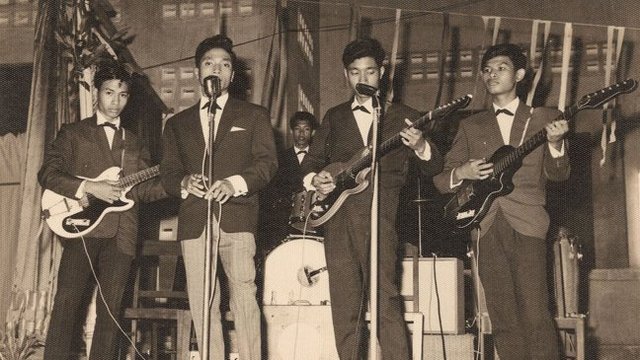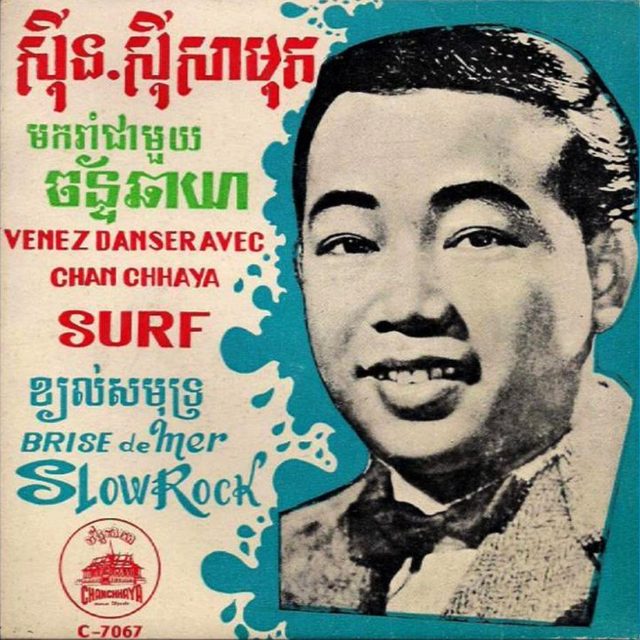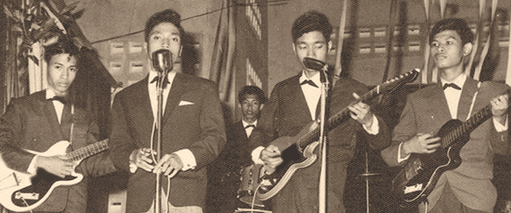Film Review: Don't Think I've Forgotten: Cambodia's Lost Rock And Roll
Musical Documentary Charts The Sounds Of Love And War



Latest Article|September 3, 2020|Free
::Making Grown Men Cry Since 1992


